UGI and Vertimass in 15-year agreement to produce renewable fuels in the US and Europe; $500M investment; propane and SAF
Green Car Congress
JANUARY 6, 2022
CADO completely converts wet ethanol (and other alcohols) into targeted hydrocarbons in a simple reactor system at moderate temperatures and near atmospheric pressure without adding hydrogen. Possibly debottleneck processes to increase throughput with little additional costs other than for feedstock.





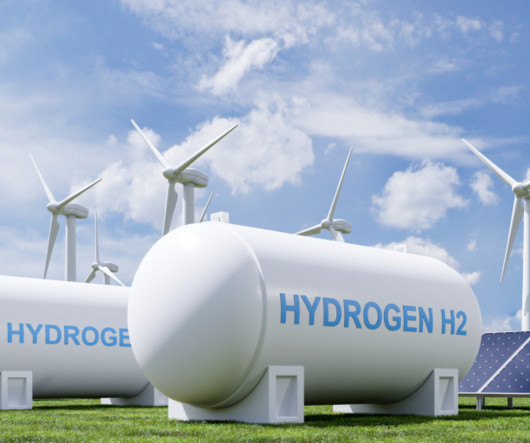
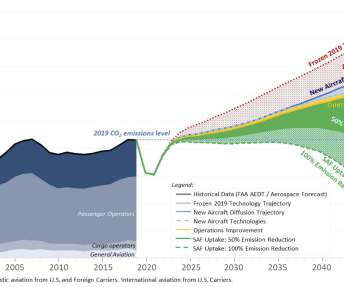
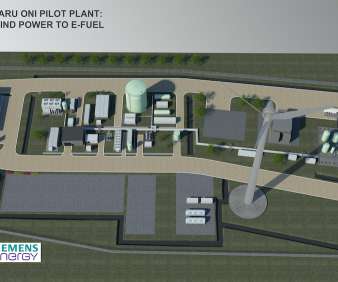











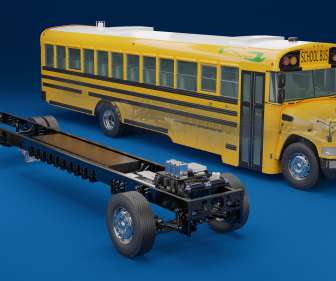









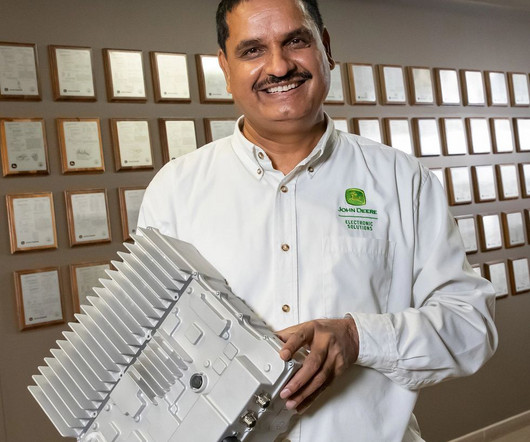





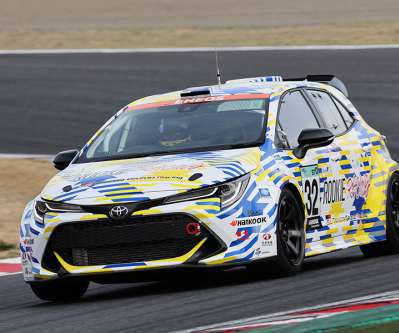
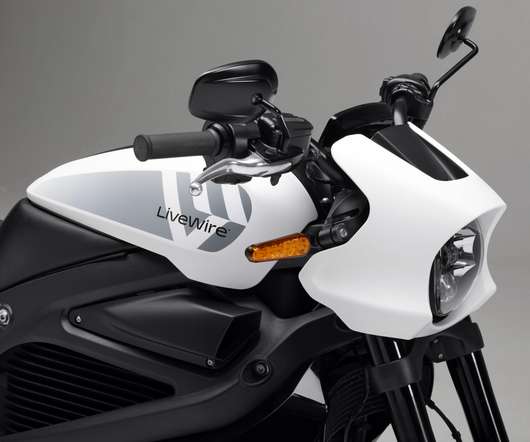






Let's personalize your content